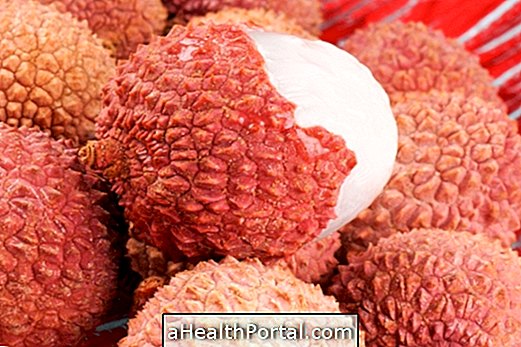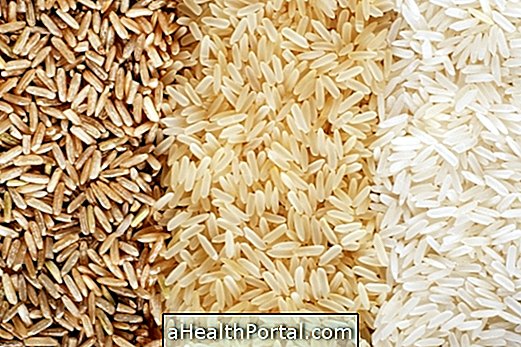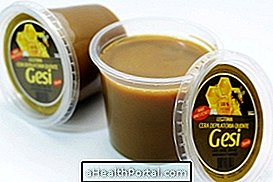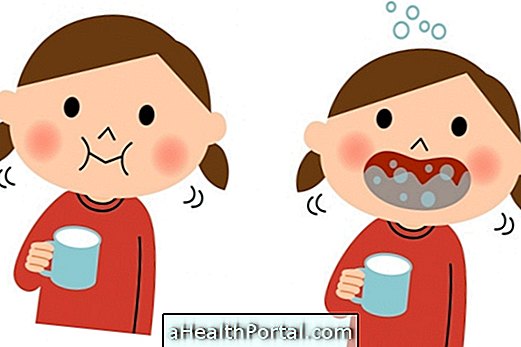The white or red guava, scientifically called Psidium guajava, is a fruit rich in vitamin C that facilitates the absorption of iron from the diet, helping to treat anemia.
Guava also has antidiarrheal properties and serves to help trap the intestine in cases of diarrhea due to its high content of tannins. For this reason, guava consumption in pregnancy should be reduced to avoid constipation that is already common at this point in the woman's life.
Also, eating red guava is good for the skin because it is rich in lycopene, which is an antioxidant responsible for maintaining healthy skin health and preventing the aging of cells and even some type of cancer, such as the prostate for example.

Does guava lose weight?
Each guava has about 73 calories and can be consumed in a diet of slimming like dessert or snack, however, the guava can trap the intestine, this being the only contraindication of the guava to slim, because it is rich in a type of fiber called pectin that favors the sensation of satiety, naturally reducing hunger.
Nutrition Information of Goiaba
| Components | Quantity in 100 g of guava |
| Energy | 42.5 calories |
| Proteins | 0.9 g |
| Fats | 0.1 g |
| Carbohydrates | 9.5 g |
| Vitamin A (retinol) | 245 mcg |
| Vitamin B1 | 190 mcg |
| Vitamin B2 | 154 mcg |
| Vitamin B3 | 1.2 mg |
| Vitamin C | 45.6 mg |
| Calcium | 17 mg |
| Phosphor | 30 mg |
| Iron | 0.7 mg |
Guava has almost as much vitamin C as orange and has more vitamin A (retinol) than tomato.
Guava, which is a sweet usually served with white cheese, known as "Romeo and Juliet, " has about 160 calories in an average slice of 60 g. But guava can also be eaten in the form of jelly or juice where the concentration of lycopene is higher. One can still make guava syrup to use as a topping for ice creams, puddings and vitamins.






















